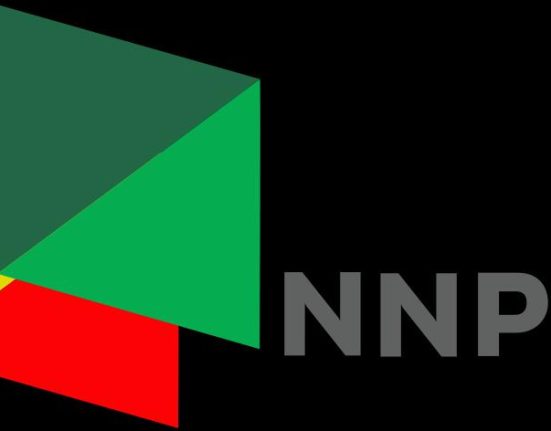World Bank Group, through its private-sector arm, the International Finance Corporation (IFC), has completed its first-ever securitisation deal, raising $510 million in a landmark transaction designed to attract more private investment into emerging markets. The deal marks a major step in IFC’s push to shift from its traditional “originate-and-hold” lending model to an “originate-to-distribute” approach, where loans are packaged and sold to institutional investors, freeing up capital for new projects.
The transaction, structured as a collateralised loan obligation (CLO), repackages IFC’s loan portfolio into rated securities that meet the risk and return needs of global institutional investors such as pension funds, insurers, and asset managers. According to IFC, this innovation not only provides investors with access to high-quality emerging market credit but also enables the World Bank Group to recycle capital into new development projects.
The $510 million securitisation has already been listed on the London Stock Exchange and is divided into three tranches: a $320 million senior tranche purchased by private investors, a $130 million mezzanine tranche backed by a consortium of credit insurers, and a $60 million equity tranche. Goldman Sachs acted as the arranger of the deal, which is expected to serve as a replicable model for future issuances.
World Bank Group President Ajay Banga described the transaction as a breakthrough in mobilising private capital at scale, noting that the institution must go beyond traditional lending if it is to meet the huge infrastructure, climate, and social investment needs of developing economies. “Mobilising private investment at scale is essential to creating the jobs that give people a ladder out of poverty and begin the journey of changing a family’s trajectory for generations,” Banga said.
Additional details reported by the Financial Times show that the securitisation includes loans to 57 borrowers across countries such as Turkey, Mexico, Brazil, Bangladesh, and Egypt. The portfolio offers yields about 1.3 percentage points above SOFR, providing institutional investors with attractive returns while diversifying their exposure to emerging markets.
The initiative builds on recommendations from the Private Sector Investment Lab, established in June 2023 to identify barriers to private capital in emerging markets. By securitising loans, IFC is not only proving the viability of innovative financial structures but also signalling its evolving role as a catalyst for investment flows, rather than just a direct lender.
Development experts argue that this type of financial innovation is crucial, especially as traditional aid flows and public funding remain insufficient to close the financing gap in low- and middle-income countries. If replicated successfully, analysts believe similar structures could be adopted by other development finance institutions, unlocking billions of dollars in private capital for infrastructure, energy, and social projects in the world’s poorest regions.
For the World Bank Group, the $510 million securitisation is more than a financial transaction. It represents a strategic shift aimed at positioning development finance as a bridge between global investors seeking yield and the urgent financing needs of emerging economies.








